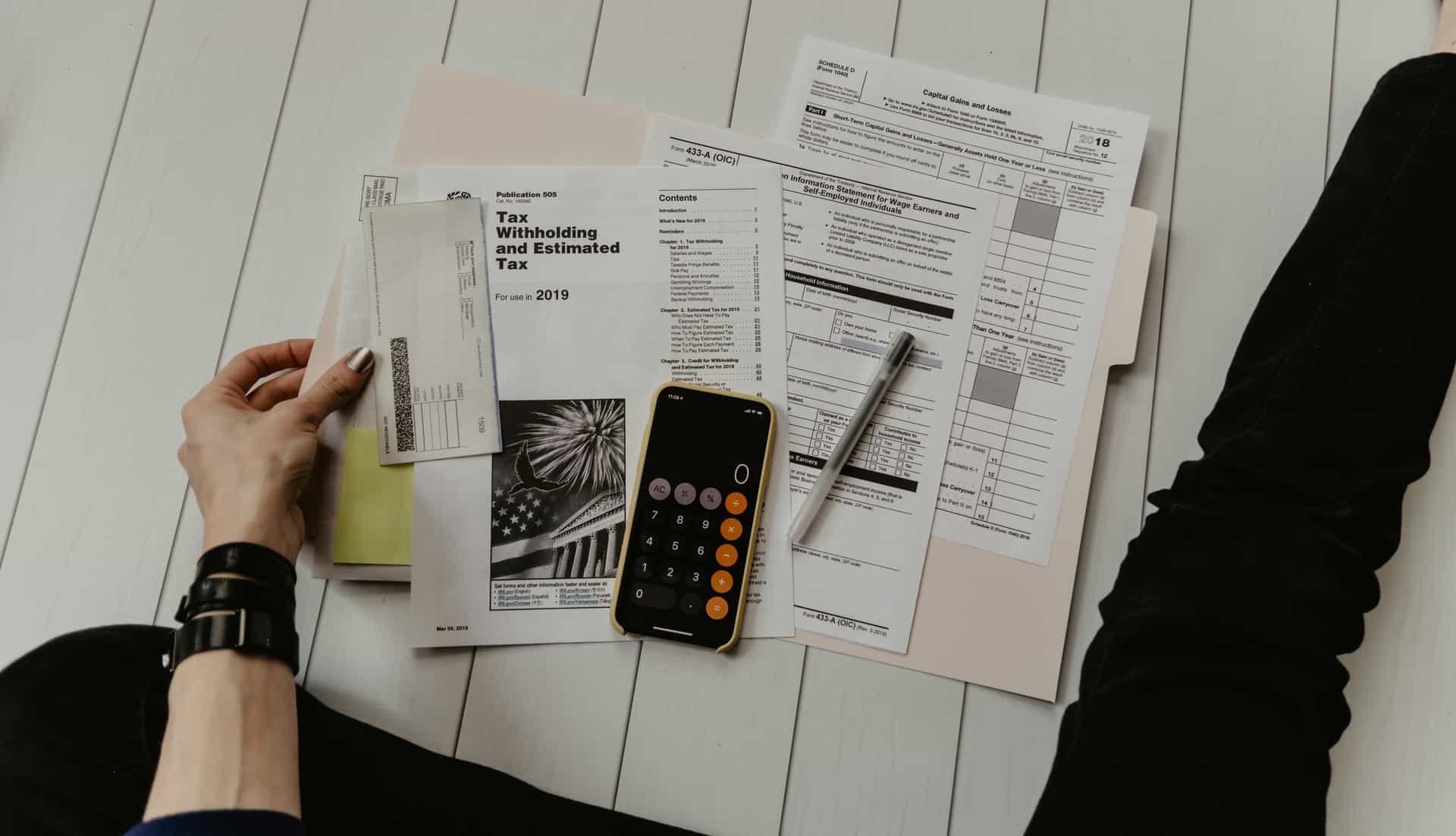
International Employment Laws
The Complete Guide: Payroll in France and Things You Must Know
Lucas Botzen
Founder

International Employment Laws
Published on:
April 18, 2024
Written by:
Lucas Botzen
Key Takeaways:
The Netherlands offers various residence permits, each tailored to specific purposes like work, study, or family reunification. This ensures that non-EU citizens can legally live and work in the country.
The knowledge and talent residence permit grants individuals essential rights, including the ability to work without a permit and access public services like healthcare and education.
The Knowledge and Talent Residence Permit is crucial in driving economic innovation and creating a diverse, inclusive society in the Netherlands by attracting global talent.
Table of contents
Non-EU citizens who wish to live and work in the Netherlands need a residence permit. A residence permit allows you to stay legally in the country. Depending on the type, it also allows you to engage in activities such as employment, study, or entrepreneurship.
However, the Netherlands offers a wide variety of residence permits. Understanding which one you need and how to obtain it can be complex. You need to meet certain conditions for each. Different residence permits also grant you different rights. It's important to understand all the options to find the right one for your move to the Netherlands.
Let's discuss all there is to Dutch residence permits.
As mentioned, the Dutch have different permits available for non-EU residents. Each comes with its own requirements. Each permit has conditions like having health insurance and complying with Dutch laws. It's essential to meet all requirements to avoid penalties or deportation.
The list includes permits for highly skilled migrants, students, entrepreneurs, and family reunification.
This type of permit is perfect for individuals with job offers requiring specific expertise. Applicants must meet salary requirements. You also need to have an employment contract with a recognized Dutch employer.
This permit allows you to work without a work permit and bring family members to the Netherlands.
If you're accepted into a recognized Dutch educational institution, you'll need this permit. It allows you to study in the Netherlands and also permits part-time work. However, there are restrictions on the number of hours you can work while studying.
This permit is for individuals who want to start a business in the Netherlands. You’ll need to prove that your business benefits the Dutch economy. You must also meet specific criteria like having a viable business plan and enough financial resources. With this permit, you can run your business and live in the country legally.
If you're looking to join a family member who already has a residence permit in the Netherlands, this is the permit for you. It allows you to live with your spouse, partner, or child. You will need to prove your relationship and meet certain financial conditions.
There are several eligibility criteria you'll need to meet if you want to apply for the Knowledge and Talent Residence Permit. Here’s a detailed breakdown of each requirement:
You must demonstrate your ability to communicate in Dutch. You can prove this by passing either the civic integration exam or the state exam in Dutch as a second language (NT2). You can also provide the internationally recognized Certificate of Dutch as a Foreign Language (CNaVT). It is available worldwide for those wanting to prove their proficiency.
You’ll typically need at least two years of relevant work experience to qualify. But this rule can vary depending on the program or position you're applying for. If you have a job offer from a Dutch employer, it may support your application. Often, employers can provide letters of support or other documents to verify that your skills and experience match the role.
Having a bachelor’s or master’s degree in a related field is a standard requirement. Your qualifications should align with the position you’re applying for. You also need to prove that you have the necessary academic background.
You must have a valid job offer from a Dutch employer. Yet, it’s important to note that not all employers can make such offers. The employer must be listed as an authorized sponsor, which is a status granted by the Dutch immigration authorities. Only companies with this status can legally hire highly skilled migrants under this program.
The Dutch government has set a minimum annual gross salary requirement for applicants, which is €49,920 for 2024. This threshold is adjusted each year. The actual salary you need to earn may vary depending on your specific program and individual circumstances. Be sure to confirm the exact salary requirement for your situation.
Applying for the Knowledge and Talent Residence Permit involves several steps. Here’s what you need to do:
Before applying, make sure you meet all the eligibility criteria. This includes language proficiency, relevant work experience, a valid job offer, and meeting the minimum salary requirements. Each of these factors is crucial for your application to be considered.
You will need to collect several documents for your application. These include:
Completed application form
Valid passport
Proof of identity
Two recent passport-sized photos
Proof of Dutch language proficiency (e.g., NT2, CNaVT)
Proof of work experience (e.g., contracts, reference letters)
Job offer or proof of employment from an authorized Dutch employer
Proof of financial means (e.g., salary statement, bank statements)
Medical insurance
Declaration of good conduct
Proof of accommodation
Tuberculosis test certificate (if required)
Make sure that all documents are in Dutch, English, German, or French. If they are in another language, you may need to provide certified translations.
You can submit your application either online or at an IND desk in the Netherlands. The application process can take up to 90 days, so be sure to plan accordingly. The government fees to apply for the permit generally include:
IND Application Fee: Around €1,000
Biometric Fees: Approximately €80
If you use a migration agent or immigration lawyer, there will also be service fees. These can range from €1,000 to €5,000 or more, depending on the complexity of your case.
After submitting your application, you’ll need to wait for the IND to review it. Processing times usually take about 90 days, but this can vary depending on the specific program. The IND may also request additional documents during this time.
If your application is approved, you will be informed about how to collect your residence permit. Make sure to follow the instructions carefully.
After five years of legal residence in the Netherlands, you may also become eligible for an extension. In some cases, you can also apply for permanent residency.
As a holder of a Dutch Knowledge and Talent Residence Permit, you enjoy several rights and have specific responsibilities. Understanding these can help you navigate your new life in the Netherlands smoothly.
Work: You have the right to work in the Netherlands. It is true especially in a field or profession related to your permit, without needing a separate work permit.
Family Reunification: In certain cases, you can bring your spouse, partner, and children under 18 to join you in the Netherlands.
Access to Public Services: You can access essential public services. This includes services like healthcare, education, and social security.
Temporary Travel: You may also travel outside the Netherlands and return without needing a separate visa. This will allow you to explore Europe and beyond.
Compliance with Immigration Laws: You must comply with all Dutch immigration laws and regulations. This means keeping your documentation valid and up to date.
Language Proficiency: You may be required to maintain or improve your Dutch language skills. But, this will also help you integrate into society.
Reporting Changes: It’s essential to report any changes in your personal or professional status to the authorities. This includes changes in employment or family status.
Taxes and Social Security: As a resident, you’re subject to Dutch taxes and social security contributions. These are crucial for public services in the Netherlands.
By fulfilling these responsibilities, you can enjoy the rights that come with your permit. At the same time, you will be contributing positively to your new community.
Remember, these rights and obligations can vary based on individual circumstances, so it’s wise to stay informed and compliant.
The Knowledge and Talent Residence Permit is designed to benefit both the individuals who receive it and the Netherlands as a whole.
The economic impact of this permit is that it helps attract skilled workers to fill critical gaps in industries like technology and research. By bringing in international talent, the Netherlands also creates jobs and supports innovation. Innovation, in turn, leads to increased productivity. These skilled professionals also contribute to startup growth and attract foreign investments.
Culturally, the Knowledge and Talent Residence Permit brings diversity. This influx of skilled professionals helps make the Netherlands more inclusive. The interactions between local residents and international workers promote cultural exchange. The presence of a diverse workforce also boosts tourism and education.
Socially, the permit promotes diversity and equal opportunities within the workforce. It encourages cooperation between Dutch professionals and their international counterparts. This collaboration creates an environment where new ideas can flourish and where different backgrounds can work together towards common goals.
Obtaining a Knowledge and Talent Residence Permit in the Netherlands is a great opportunity for skilled individuals. It also helps the Dutch economy and society.
The process requires you to meet specific eligibility criteria. Some of it includes language proficiency, work experience, and a valid job offer.
Make sure to gather all necessary documents and follow the application process diligently. The government fees associated with the application can vary, so it's wise to budget accordingly.
It's crucial to consult with the relevant Dutch authority, the Dutch Immigration Service (IND), for the most accurate and updated information. Additionally, seeking assistance from an Employer of Record (EOR) in the Netherlands can help navigate the complexities of relocation and ensure a smooth transition.
How many types of residence permits are there in the Netherlands?
There are several types of residence permits in the Netherlands. These include the knowledge migrant permit, highly skilled migrant permit, student permit, entrepreneur permit, and family reunification permit. Each permit serves different purposes based on individual needs.
Does a residence permit allow you to work in the Netherlands?
Certain residence permits allow you to work in the Netherlands without needing a separate work permit. However, the type of work you can do depends on the specific residence permit you hold.
What is the exceptional talent visa in the Netherlands?
The exceptional talent visa is designed for individuals with outstanding skills. It is mostly granted in areas like science, the arts, or business. It allows highly skilled individuals to live and work in the Netherlands, contributing to the country’s innovation and growth.

International Employment Laws
Lucas Botzen
Founder

Taxation and Compliance
Lucas Botzen
Founder

International Employment Laws
Lucas Botzen
Founder
We're here to help you on your global hiring journey.